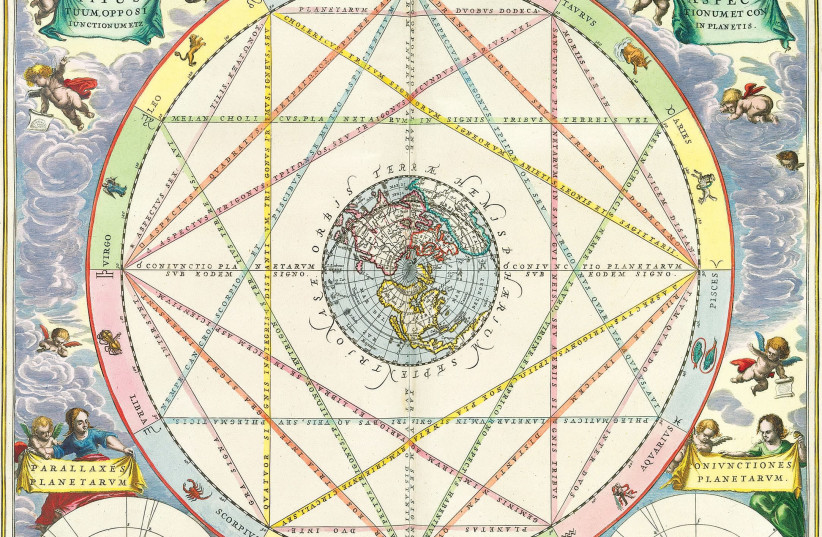A scroll unearthed in the Judean Desert is shedding light on the ancient practices of astrology and mysticism in a discovery that has intrigued historians and archaeologists alike. Dubbed the "Horoscope" scroll, this artifact offers a unique peek into the beliefs of a secretive sect that thrived thousands of years ago.
The "Horoscope" scroll, distinguished by its reverse Hebrew writing and incorporation of Greek, Aramaic, ancient Hebrew, and cipher symbols, is believed to have been accessible only to those initiated into its mysteries. Dr. Oren Ableman, a researcher at the Israel Antiquities Authority's Dead Sea Scrolls Unit, emphasized the exclusivity of its content. "The writing style suggests the text was intended solely for those in the know," he stated. "It appears the writings were secret, understood only by the sect's leadership."
This ancient text unveils a fascinating worldview where an individual's birth date doesn't just hint at their zodiac sign but dictates their physical traits and the balance of light and darkness within their soul. According to the scroll, each calendar date is tied to varying quantities of light and darkness, influencing the moral and spiritual essence of a person born on that day.
Children of light
The "Horoscope" scroll also hints at a rigorous initiation process for new members of the community, who identified themselves as "children of light." Dr. Ableman shared insights into this practice, "It seems to have been a kind of manual for crafting a 'horoscope,' using one's birth date to determine their personality and physical features. New members had to prove their suitability to join the ranks of the righteous. This suggests that belief in the sect's doctrines alone was not enough; one could still be turned away for not meeting certain criteria, such as being born on an 'incorrect' date or having an incompatible head shape."

This discovery not only offers a glimpse into the mystical practices of an ancient time but also underscores the complexity of human belief systems and the lengths to which communities have gone to understand their place in the cosmos. The "Horoscope" scroll, with its intricate blend of astrology, mysticism, and secrecy, continues to captivate scholars and laypersons alike, as they delve deeper into the mysteries of the past.
The scroll's unveiling has sparked a renewed interest in the Dead Sea Scrolls and the ancient sects of the Judean Desert, reminding us of the enduring human quest for knowledge and the mystical.
